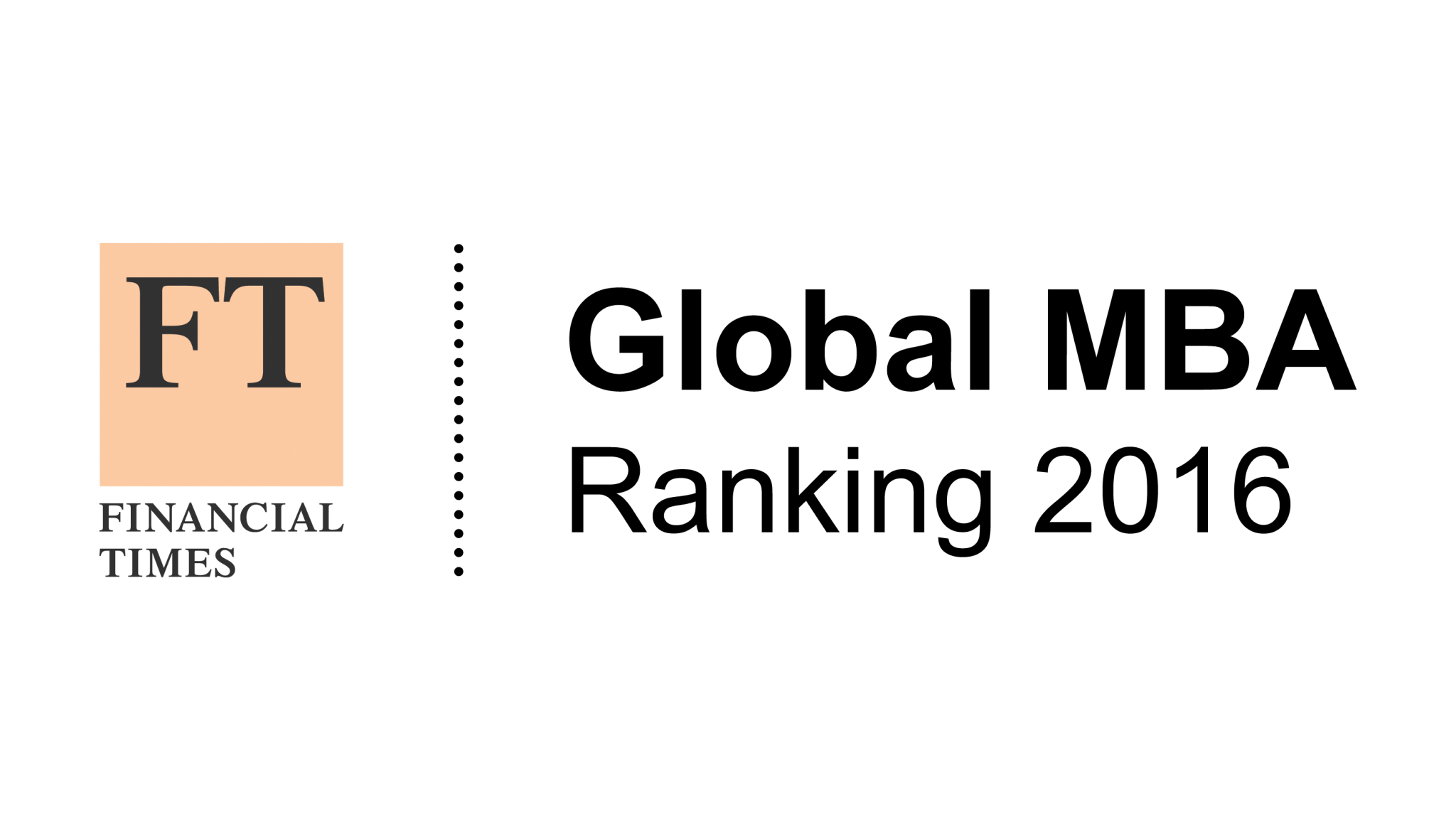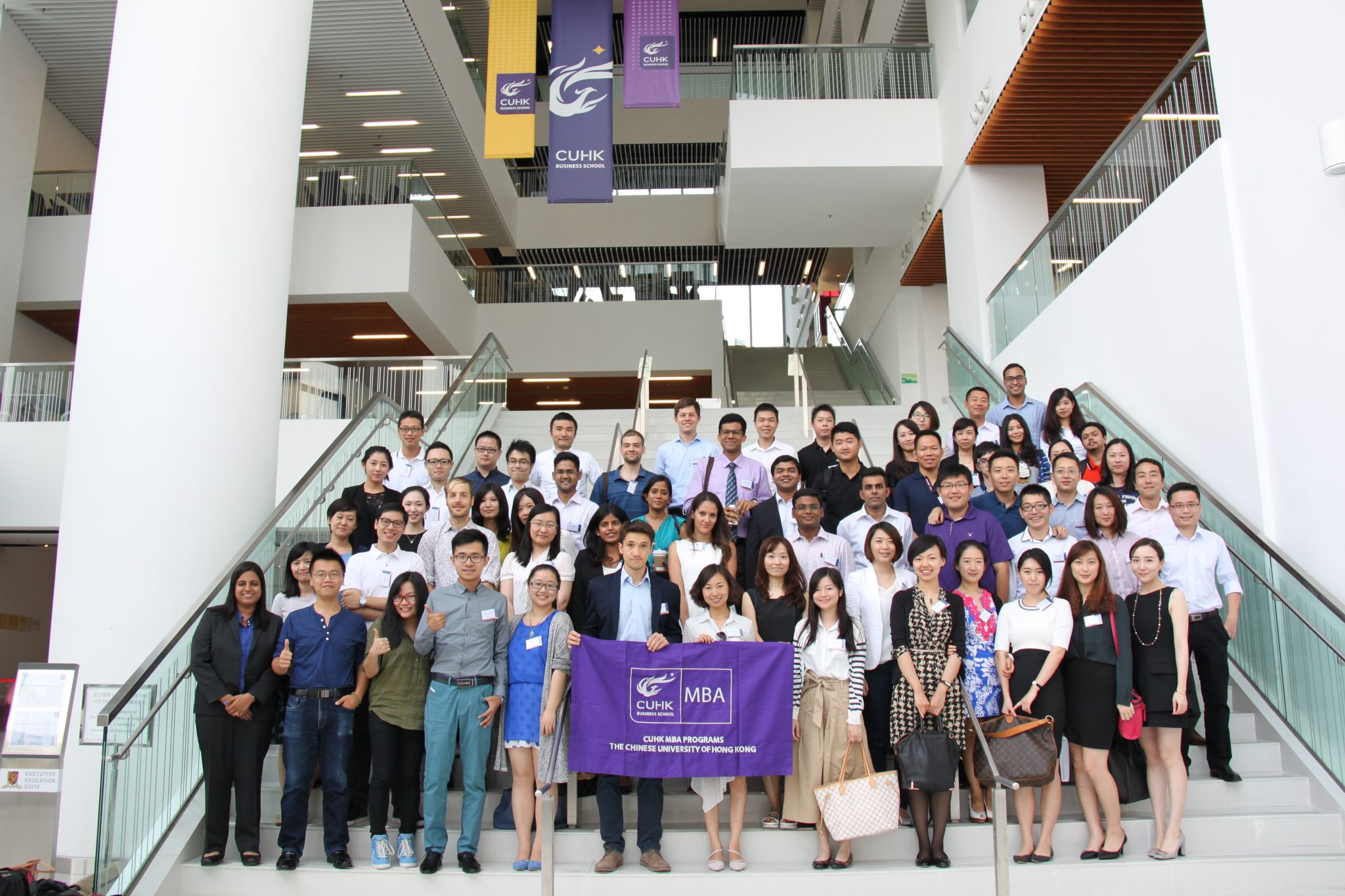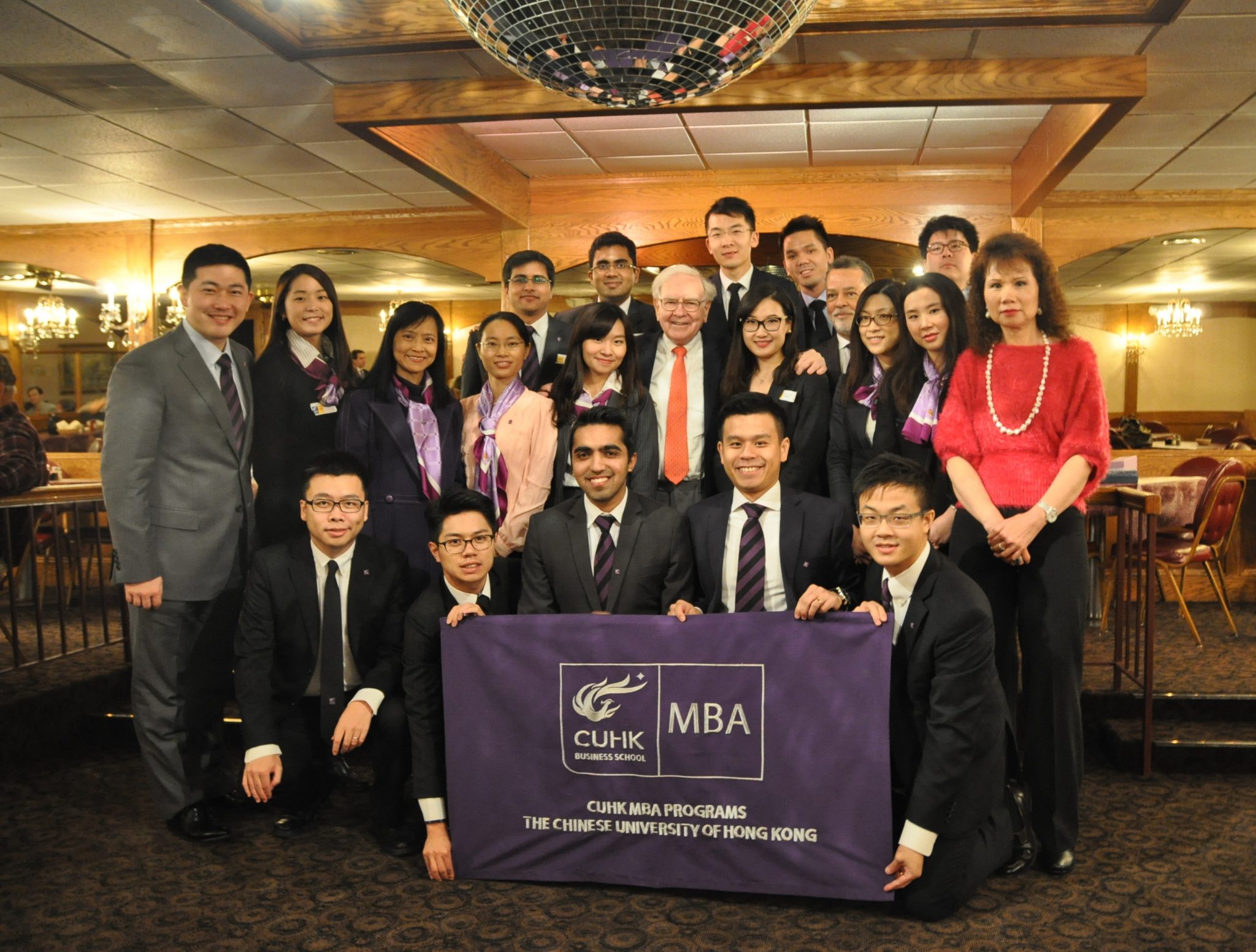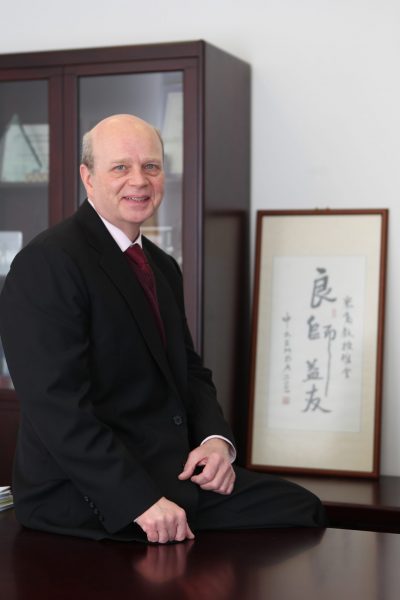CUHK MBA Ranks 26th in Financial Times Global MBA Ranking 2016

The CUHK MBA Programme has moved up four places to 26th in the Financial Times Global MBA Ranking 2016, making it one of the top four MBA programmes in Asia and the top three in Greater China.
The Chinese University of Hong Kong (CUHK) Business School MBA Programme has moved up four places to 26th in the Financial Times Global MBA Ranking 2016, making it one of the top four MBA programmes in Asia and the top three in Greater China. CUHK Business School also came second in Asia for research publications*, recognising the School’s continuous effort in generating knowledge to promote the well-being of local and international communities.
CUHK MBA is ranked 28th in the world and among the top four in Asia in terms of career progress*, and the top ten in the world in terms of salary percentage increase* and as the best-ranked in Hong Kong. Attributed to its world-class MBA curriculum and strong student career counselling support, the outstanding ranking demonstrates that CUHK MBA is able to enhance its full-time graduates’ employability and career advancement.
CUHK Business School has made tremendous effort in striving for gender diversity in its MBA classroom and advisory board as it believes in offering well-rounded learning experience for its MBA students. CUHK MBA is ranked among the top four in the world for the percentage of female students* and the most diverse in Asia in terms of women percentage in its advisory board*. In addition, the rankings also reinforce CUHK MBA’s strength in value for money*, international board* and international mobility*.
Prof. Kalok Chan, Dean of CUHK Business School and Wei Lun Professor of Finance, said: “I would like to express my heartfelt gratitude to our faculty, staff, alumni and students for their tremendous support to the School. We are proud to be celebrating our MBA programmes’ 50th anniversary this year with such a great achievement. International recognitions motivate us to continue taking bold steps in enhancing our curriculum, advancing education excellence and nurturing business leaders for the Asian Century.”
Prof. Michael J. Ferguson, Associate Dean (Graduate Studies) and Director of MBA Programmes at CUHK Business School, added: “This ranking result reflects our efforts to continually respond to dynamic market needs with the introduction of new courses and curriculum including entrepreneurship and leadership, and through development of a highly-effective career advancement and management programme delivered by seasoned HR professionals.”
Established in 1966, CUHK MBA is Asia’s and Hong Kong’s first MBA programme, which marks its golden anniversary this year. CUHK Business School takes great pride in offering an international business education to a diverse student community with its MBA students from around 20 different countries. In recognition of its half-century milestone, the School has launched the CUHK MBA 50th Anniversary Merit Scholarship for outstanding applicants with a minimum GMAT score of 700. Through its wide range of scholarships, CUHK MBA also aims to attract more female applicants with experience in international companies and applicants from developing countries. CUHK Business School will hold an international conference this fall to celebrate the golden jubilee of its MBA programme, inviting distinguished business leaders, academics and government officials in the world to share their experiences and insights into the hottest China and international issues.
Click here to learn more about Financial Times Global MBA Ranking 2016.
*Note on ranking criteria of measurement
Career progress: This is calculated according to changes in the level of seniority and the size of company alumni are working in after they obtained their MBA degrees.
Salary percentage increase: It is the average difference in alumni salary before and after the MBA qualification. Half of this figure is calculated according to the absolute salary increase, and half according to the percentage increase relative to the pre-MBA salary.
Value for money: It is calculated using salary today, course length, fees and other costs, including lost income during the MBA.
Female students: It is the percentage of female students on the full-time MBA.
Female board: It is the percentage of female members on the school’s advisory board.
International board:It is the percentage of the board whose citizenship differs from the country in which the school is based.
International mobility: This is based on alumni citizenship and the countries where they worked before their MBA, on graduation and three years after graduation.
Research: It is calculated according to the number of articles published by current full-time faculty members in 45 selected academic and practitioner journals between January 2013 and October 2015. The rank combines the absolute number of publications with the number weighted relative to the faculty’s size.




